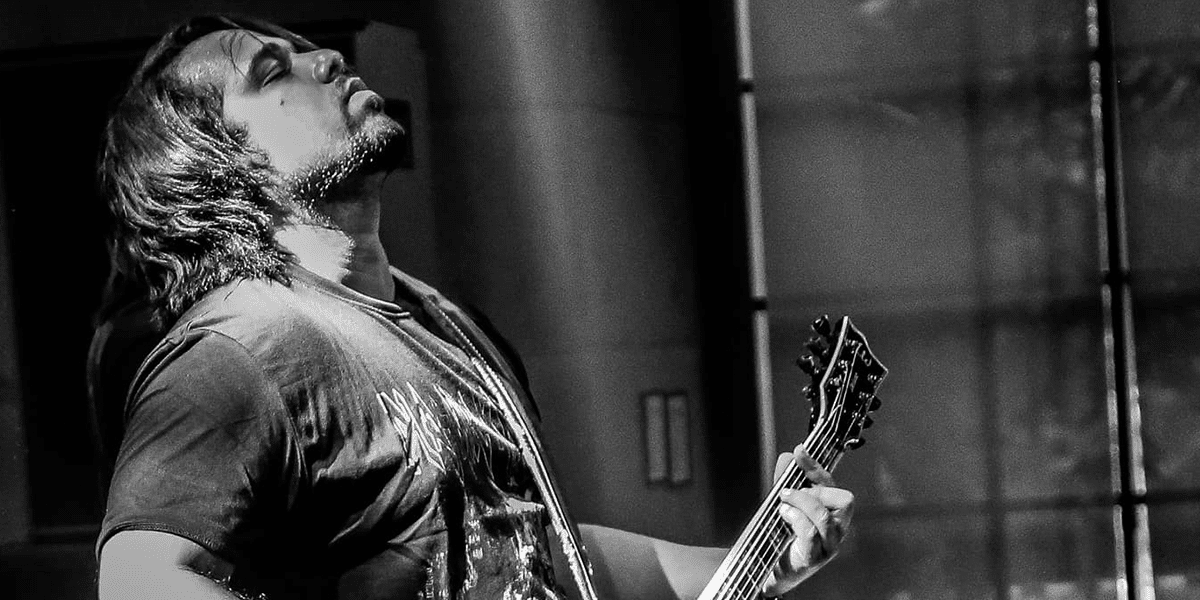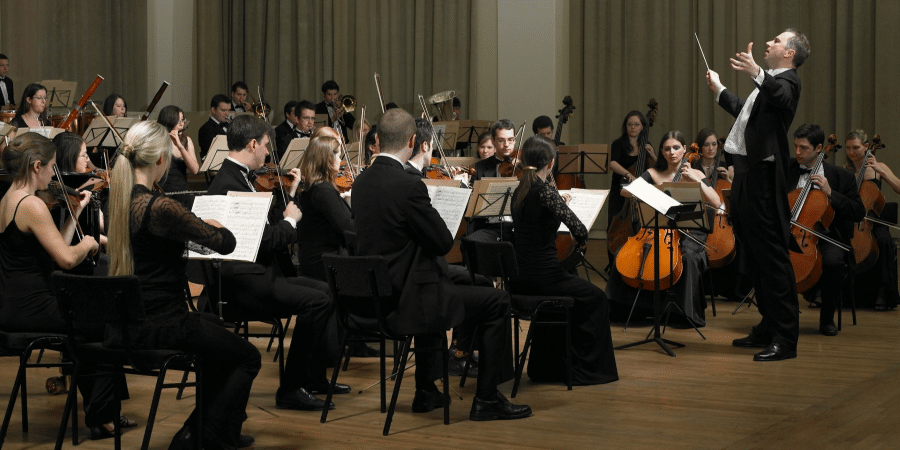For artists, songwriting is a deeply personal and creative process that requires skill, passion, and inspiration. While many musicians draw inspiration from their own experiences and emotions, literature can also serve as a rich source of ideas and themes to incorporate into song lyrics. By exploring the world of literature and learning from the techniques of renowned writers, artists can enhance their songwriting skills and create more compelling and meaningful music. In this article, we’ll delve into how artists can improve their songwriting skills by taking inspiration from literature and weaving literary elements into their songs.
Tapping into Themes and Symbols
Literature is filled with timeless themes and symbols that resonate with readers on a profound level. From love and loss to identity and belonging, these universal themes provide a wealth of inspiration for songwriters seeking to connect with listeners on an emotional level. By exploring classic works of literature and dissecting the themes and symbols embedded within them, artists can gain insights into human nature and the human condition, and incorporate these themes into their songwriting. Whether it’s using metaphors, allegories, or imagery, tapping into literary themes and symbols adds depth and complexity to song lyrics, making them more relatable and impactful.
Crafting Compelling Narratives
Many works of literature are driven by compelling narratives that captivate readers and transport them to different worlds and realities. Songwriters can draw inspiration from these narratives and apply storytelling techniques to their songwriting. By creating vivid characters, setting scenes, and building tension and conflict, artists can craft songs that unfold like stories, taking listeners on a journey of discovery and emotion. Whether it’s telling a personal anecdote, exploring a historical event, or imagining a fictional scenario, weaving narrative elements into song lyrics adds depth and dimension to the music, engaging listeners on a deeper level.
Playing with Language and Wordplay
Literature is celebrated for its rich and diverse use of language, from poetic verse and lyrical prose to clever wordplay and linguistic devices. Songwriters can borrow techniques from literature to enhance their lyrical craftsmanship and create memorable and impactful songs. Playing with rhyme schemes, meter, and cadence allows artists to create rhythmically pleasing lyrics that flow effortlessly and resonate with listeners. Additionally, incorporating literary devices such as similes, metaphors, and alliteration adds layers of meaning and complexity to song lyrics, stimulating the imagination and inviting interpretation.
Exploring Emotion and Mood
Literature has a unique ability to evoke emotion and create mood through the power of words and imagery. Songwriters can learn from the techniques of poets and novelists to infuse their lyrics with emotion and atmosphere, eliciting a visceral response from listeners. Whether it’s conveying the intensity of love and longing, the pain of heartbreak and loss, or the joy of triumph and redemption, artists can use language to evoke emotion and create a mood that resonates with their audience. By exploring the emotional landscapes of literature and experimenting with tone, imagery, and sensory details, songwriters can create songs that strike a chord with listeners and leave a lasting impression.
Finding Inspiration in Literary Classics
Literature offers a vast treasure trove of inspiration for songwriters, from classic novels and poems to contemporary works of fiction and nonfiction. Artists can draw inspiration from literary classics such as Shakespeare’s sonnets, Dickens’ novels, and Poe’s poems, as well as modern masterpieces by authors like Toni Morrison, Gabriel García Márquez, and Haruki Murakami. By immersing themselves in the world of literature and exploring a diverse range of genres and styles, songwriters can expand their creative horizons and discover new ideas and perspectives to incorporate into their music.
Collaborating with Writers and Poets
In addition to drawing inspiration from literature on their own, songwriters can also collaborate with writers, poets, and lyricists to co-create songs that blend music and literature seamlessly. By partnering with talented wordsmiths who specialize in crafting compelling narratives and evocative imagery, artists can elevate their songwriting to new heights and explore uncharted creative territories. Collaborative songwriting allows for the exchange of ideas, the sharing of perspectives, and the fusion of different artistic disciplines, resulting in songs that are both innovative and impactful.
Bridging Music and Literature
In conclusion, literature offers a wealth of inspiration and insights for artists seeking to enhance their songwriting skills and create more compelling and meaningful music. By tapping into themes and symbols, crafting compelling narratives, playing with language and wordplay, exploring emotion and mood, finding inspiration in literary classics, and collaborating with writers and poets, songwriters can draw from the rich tapestry of literature to enrich their creative process and produce songs that resonate with listeners on a profound level. By bridging the worlds of music and literature, artists can create timeless works of art that transcend genres and generations, leaving a lasting legacy in the annals of human creativity.
















